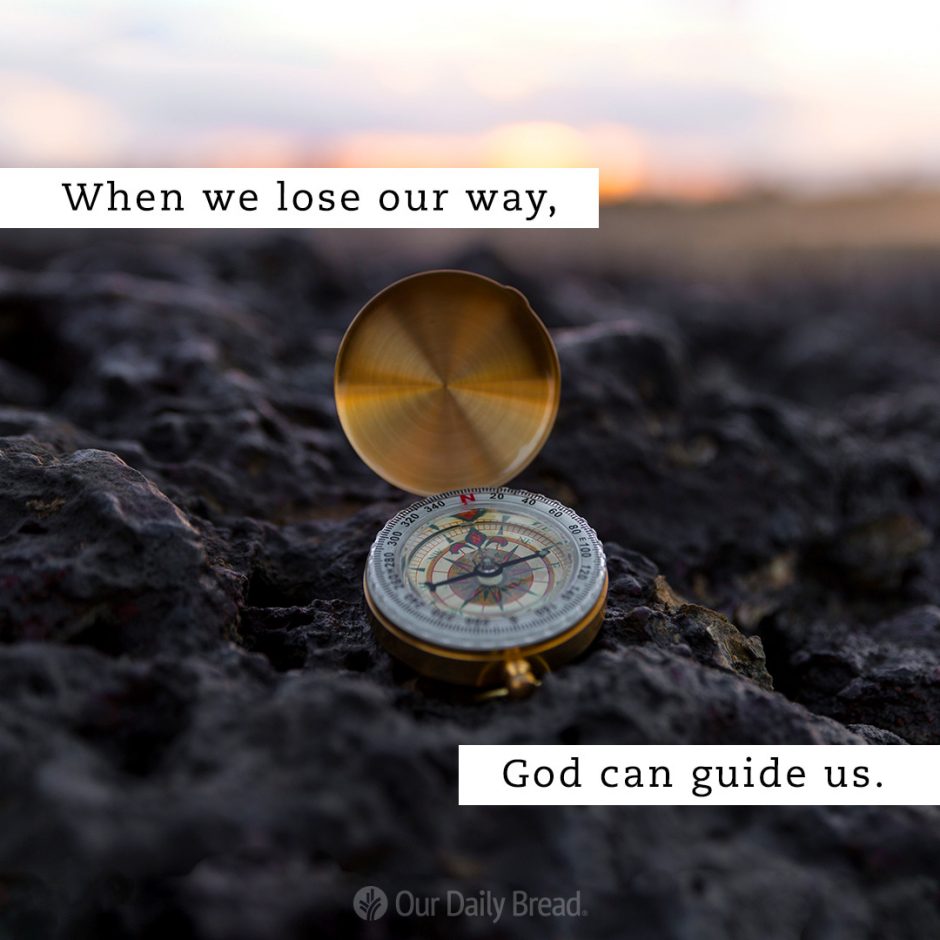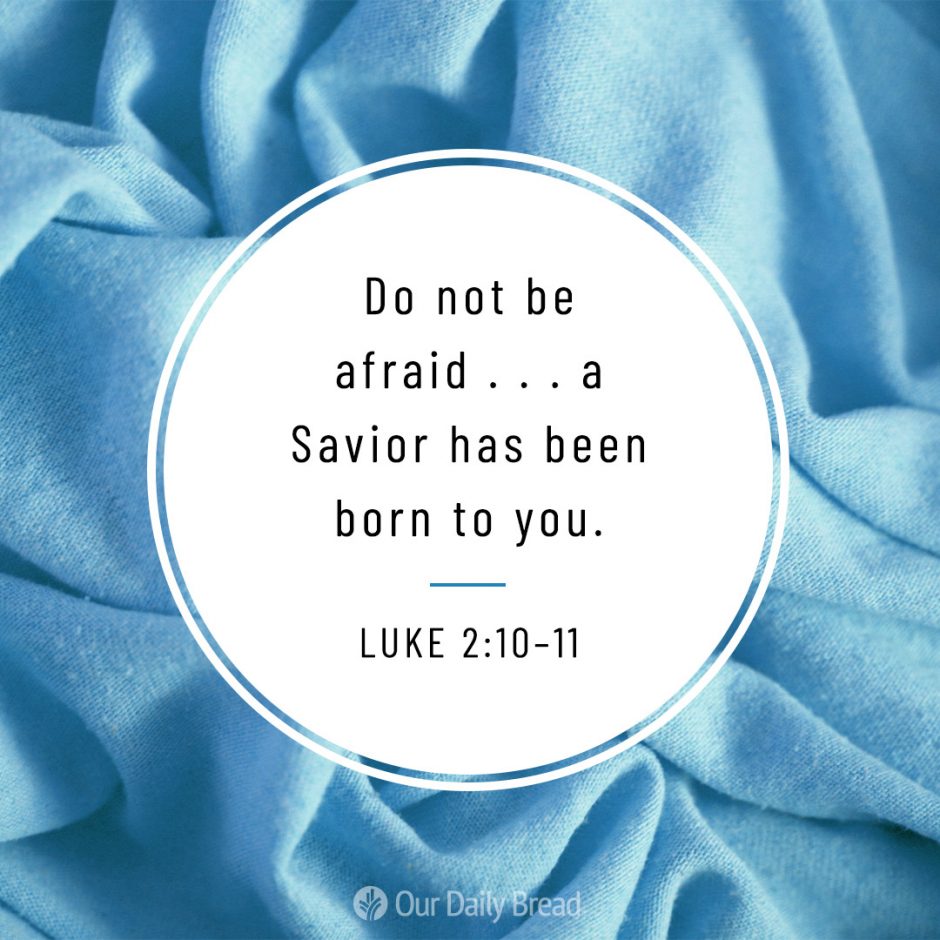Why a quiet Christmas can be meaningful
If your Christmas celebrations are somewhat muted, but they offer us a chance to reflect a little more on what Christmas is truly all about. Let's take time to reflect and consider what this season really means to us. ✝️❤️

Create Fun Christmas Family Traditions: Ajith Fernando
Bible teacher and author Ajith Fernando advises, don’t underestimate the importance of preserving the joy of Christmas in your family. Find out how having God in the picture changes the way we mark the holidays.
How They’ll Know
“The Gathering” in northern Thailand is an interdenominational, international church. On a recent Sunday, Christians from Korea, Ghana, Pakistan, China, Bangladesh, America, the Philippines, and other countries came together in a humble, thread-worn hotel conference room. They sang “In Christ Alone” and “I Am a Child of God,” lyrics that were especially poignant in this setting.
No one brings people together like Jesus does. He’s been doing it from the start. In the first century, Antioch contained eighteen different ethnic groups, each living in its own part of the city. When believers first came to Antioch, they spread the word about Jesus “only among Jews” (Acts 11:19). That wasn’t God’s plan for the church, however. Others soon came who “began to speak to Greeks [Gentiles] also, telling them the good news about the Lord Jesus,” and “a great number of people believed and turned to the Lord” (vv. 20–21). People in the city noticed that Jesus was healing centuries of animosity between Jews and Greeks, and they declared this multi-ethnic church should be called “Christians,” or “little Christs” (v. 26).
It can be challenging for us to reach across ethnic, social, and economic boundaries to embrace those different from us. But this difficulty is our opportunity. If it wasn’t hard, we wouldn’t need Jesus to do it. And few would notice we’re following Him.

Virtual Presence
As the novel coronavirus marched across the globe, health experts advised increased physical distance between people as a means to slow the spread. Many countries asked their citizens to self-quarantine or shelter in place. Organizations sent employees home to work remotely if they could, while others suffered a financially debilitating loss of employment. Like others, I participated in church and small group meetings through digital platforms. As a world, we practiced new forms of togetherness despite being physically disconnected.
It isn’t just the internet that lets us maintain a sense of connection. We connect to one another as members of the body of Christ through the Spirit. Paul expressed this notion centuries ago in his letter to the Colossians. Though he hadn’t personally founded their church, he cared deeply for them and their faith. And even though Paul couldn’t be with them in person, he reminded them that he was “present with [them] in spirit” (Colossians 2:5).
We can’t always be with those we love for financial, health, or other practical reasons, and technology can help fill that gap. Yet any form of virtual connection pales in comparison to the “togetherness” we can experience as fellow members of the body of Christ (1 Corinthians 12:27). In such moments, we can, like Paul, rejoice in one another’s firmness of faith and, through prayer, encourage each other to fully “know the mystery of God, namely Christ” (Colossians 2:2).

God’s Compass
During World War II, Waldemer Semenov was serving as a junior engineer aboard the SS Alcoa Guide when—nearly three hundred miles off the coast of North Carolina—a German submarine surfaced and opened fire on the ship. The ship was hit, caught fire, and began to sink. Semenov and his crew lowered a lifeboat into the water and used the vessel’s compass to sail toward the shipping lanes. After three days, a patrol plane spotted their lifeboat and the USS Broome rescued the men the next day. Thanks to that compass, Semenov and twenty-six other crewmembers were saved.
The psalmist reminded God’s people that they were equipped with a compass for life—the Bible. He compared Scripture to “a lamp” (Psalm 119:105) that provides light to illuminate the path of life for those pursuing God. When the psalmist was adrift in the chaotic waters of life, he knew God could use Scripture to provide spiritual longitude and latitude and help him survive. Thus, he prayed that God would send out His light to direct him in life and bring him safely to the port of His holy presence (Psalm 43:3).
As believers in Jesus, when we lose our way, God can guide us by the Holy Spirit and by the direction found in the Scriptures. May God transform our hearts and minds as we read the Bible, study it, and follow its wisdom.

